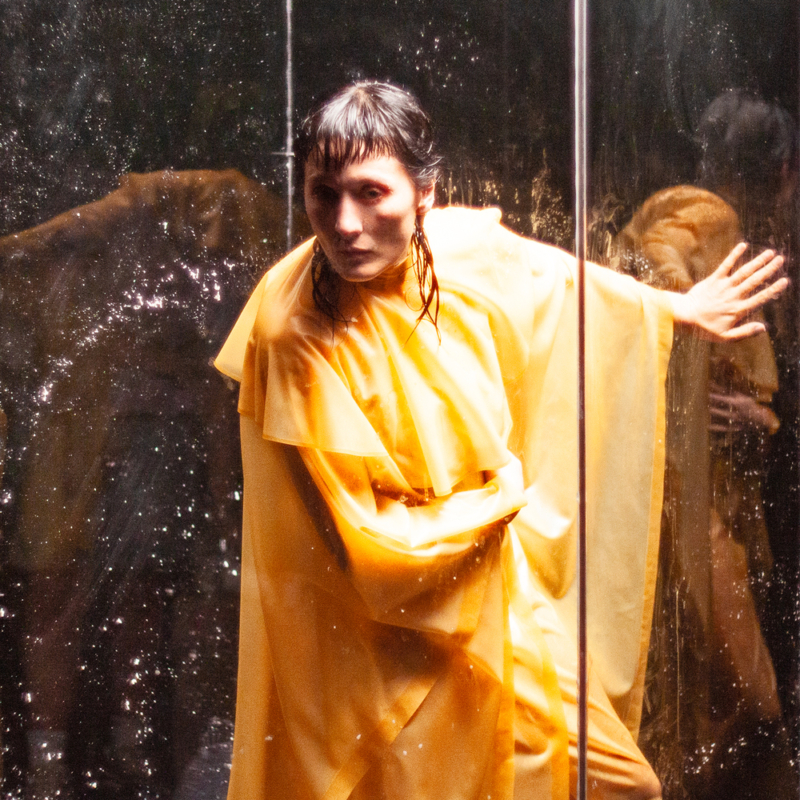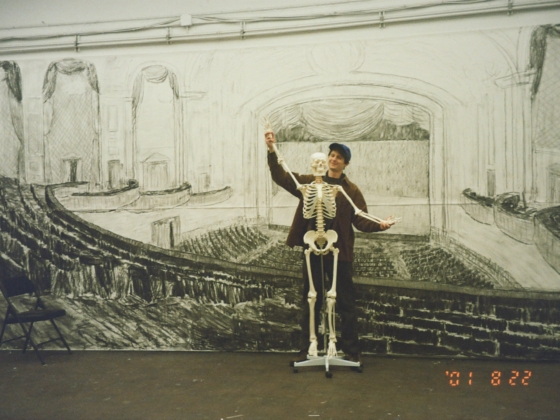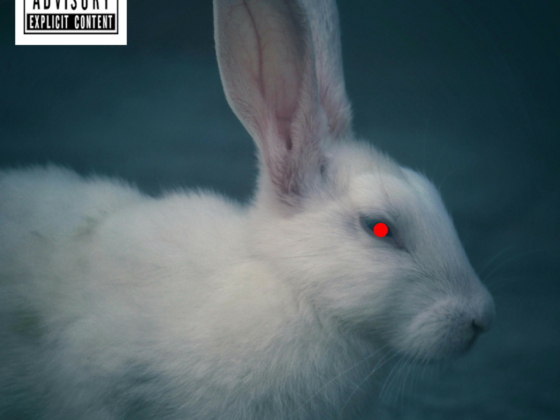Three years after the critically acclaimed Pompei, Welsh singer-songwriter Cate Le Bon returns with an artistic vision that feels both urgent and timeless. Now based in Los Angeles, the bilingual artist known for her "beautiful, haunting voice" and collaborations with Manic Street Preachers and Neon Neon has crafted a neo-psychedelic universe where sweeping saxophones landscape modernist soundscapes.
Le Bon, who describes her creative process as "foraging for words and then everything falls into place," wrote the entire album while collaborating once again with producer Samur Khouja. The result is a cohesive work with visible seams, an intentional choice that adds to its hypnotic power.
Cate Le Bon said about her brand new album that: "I tried not to make a record about heartache, but it kept veering back there. I surrendered to the process". Artists frequently cite love, particularly love that leads to disillusionment, as a significant influence on their work. While this may seem a conventional motif to many, it remains a perennial and authentic source of inspiration and expression. This process often acts as a crucible, forging a new perspective that transforms the artist as both an individual and a creator. This is precisely what happened to Le Bon, who generously shares with us some of the fruits of that creative process.
Throughout the album's runtime, melodies and rhythms repeat obsessively, like mantras or sacred incantations. Le Bon has created something that functions as both prayer and spell, demanding attention from the opening moments. The album grabs listeners immediately with marching rhythms and the stark opening lines "Gently read my name / Cry and find me here / I'm eating rocks."
Each track represents a distinct artistic vision as Le Bon explores new territories. "Love Unrehearsed," the album's title track, delves into vulnerability and jealousy while sounds grow increasingly eerie throughout the song. Jealousy resurfaces in the previously released single "Happy Birthday," where she repeatedly questions "Is it worth it?". Such a query that resonates without easy answers.
Le Bon's songwriting intelligence shines on "Mothers of Riches," where she introduces neo-psychedelic elements alongside contemporary rhythms. She doesn't hesitate to reveal intimate details, singing "I get excited when he meets my touch / I give up the empire" with characteristic directness.
"Pieces of My Heart" features clipped vocals and deeply personal lyrics. With a surrendered, almost abandoned voice, she delivers "Love is a mountain / I can't make it any easier on you baby." While the sounds remain classic Cate Le Bon territory, the execution never feels repetitive or tiresome. Repeated notes strike again and again as she chants "Nothing's gonna change" in the outro.
The following track, "About Time," shifts to a lighter disposition with more accessible sounds while remaining firmly within Le Bon's artistic domain. Guitar grooves evoke autumn atmospheres without abandoning her distinctive aesthetic.
"Heaven Is No Feeling" served as the lead single and made an immediate impression. Psychedelic textures paired with remarkable vocals provide a perfect example of contemporary indie music. Her declaration that heaven isn't a feeling carries conviction, and as her voice gradually fades in the outro, listeners find themselves calling for her return.
The album features a notable duet with John Cale, whose name has become synonymous with rock's experimental edge. While unexpected, this collaboration works exceptionally well within the album's framework, with their voices complementing each other beautifully.
The closing track delivers a dynamic ballad with psychedelic rock elements that transport listeners once more. Le Bon remains fearless in her artistic choices, with vocals that demand attention throughout another personal songwriting confession.
Le Bon's approach to this album reflects her philosophy that music is "just an expression" that doesn't always need moralizing. Her early experiences with pet deaths, which she credits with informing her "abnormal fixation with death," continue to influence her work, but here they're transformed into something more ritualistic than morbid.
This latest effort confirms Le Bon as one of contemporary music's most compelling songwriters, someone who understands that repetition can become transcendence when executed with sufficient conviction and artistry.
Michelangelo Dying is out via Mexican Summer









